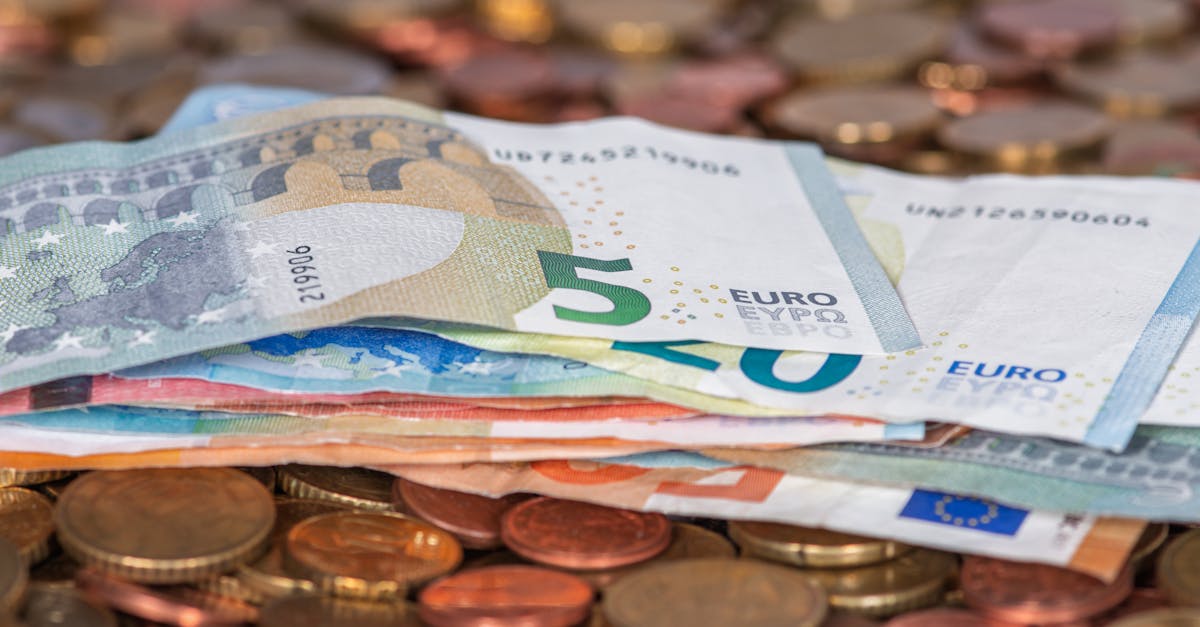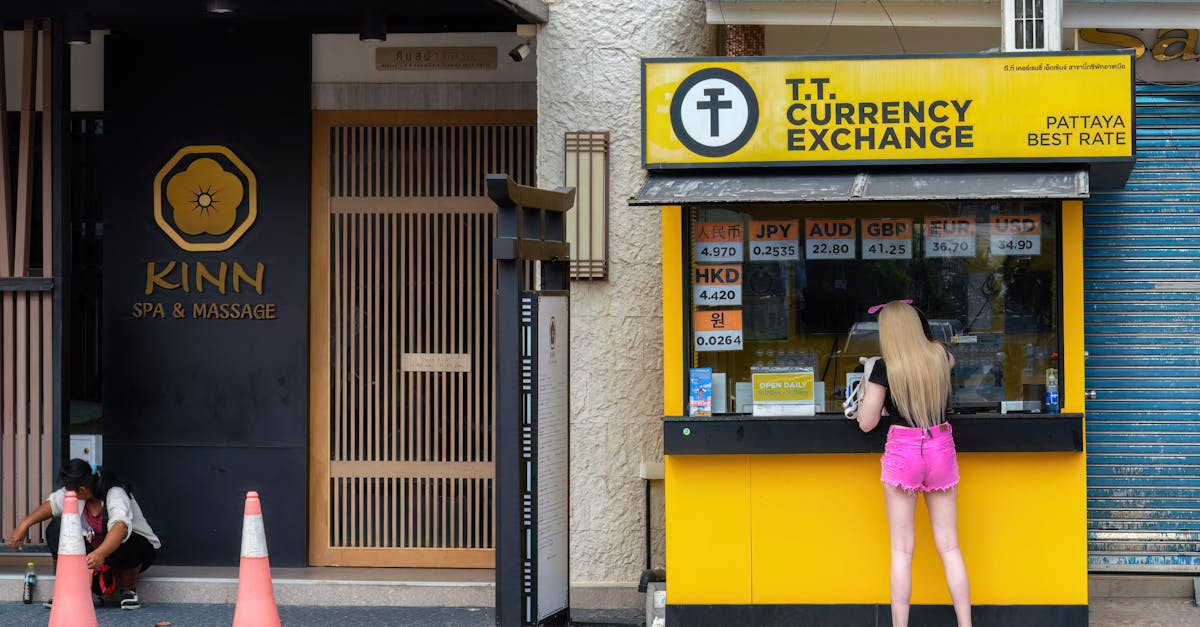Small Business Loans Without Collateral: A Guide to Unlocking Growth

Estimated Reading Time
Read in 7 min
Key Takeaways
- Unsecured loans: a way to finance your business without putting your business or personal assets on the line.
- The loans are targeted at entrepreneurs with little in the way of collateral.
- The weight of the risk bears more upon the borrower's credit.
- Alternatives range from SBA loans and unsecured bank loans to online business loans.
- Terms may entail higher interest rates and a personal guarantee.
Table of Contents
- Small Business Loans with No Collateral: A Worthwhile Possibility
- Key Takeaways You Should Learn about Small Business Loans with No Collateral
- The Most Popular Categories of No-Collateral Small Business Loans
- Basic Features and Factors to Consider
- Comparison Table: No-Collateral vs. No-Collateral Small Business Loans
- FAQ
What are No-Collateral Small Business Loans?
Small business loans without collateral, also referred to as unsecured business loans, are catered to business owners who do not have much available in the way of assets, or who do not wish to risk any of their property. With these loans, the constraint of needing to file business or even personal property is no longer there, and business owners have an open field to nurture without feeling stunted by the shadow of asset confiscation. Whereas secured loans allow you to secure debt with your personal or business assets, unsecured loans are rooted almost exclusively in the borrower’s creditworthiness. This makes them a versatile choice for a lot of people, but it also means lenders take on more risk and charge different interest rates and reach out via other loan products.
No-Collateral Small Business Loan Types
SBA Loan (Small Business Administration)
The Small Business Administration (SBA) offers multiple loan programs for which you may not have to put down collateral, particularly for smaller amounts. These loans are also guaranteed by the SBA and can offer smaller down payments and less restrictive criteria. Certainly, larger SBA loans might still require some sort of “best available collateral” option but the lack of collateral is certainly not a deal breaker, especially with smaller amounts.
Unsecured Bank Loans
Unsecured business lines of credit or loans are also available from many banks in increments from $5,000 to $150,000+. While the lending process may be more stringent than online lenders, these types of loans typically offer borrowers very favorable terms, assuming they are able to be approved.
Online Business Loans
In the age of the internet, online lending has become one of the most popular types for small business loans with no collateral. These loans in many cases can be easier and faster to get than traditional bank or SBA loans, although they may require a personal guarantee or a blanket lien on business assets. Just be careful because higher rates may apply. These loans are great for borrowers with decent (600+) credit and businesses that have been around for 6+ months.
Peer-to-Peer (P2P) Lending
Peer-to-peer (P2P) lending is a new way in the world of unsecured loans. These instruments allow lenders to bypass the banks and lend directly to business owners, with little or no collateral. In qualifying, the emphasis shifts from assets to business performance and credit.
Key Features and Considerations
Secured vs. Unsecured Loans
Distinguishing between secured and unsecured loans is crucial. Secured loans are those loans that are backed by an asset or the borrower’s property, furniture or car, for example. Unsecured loans do away with that necessity, which makes them riskier for lenders on the whole–if you’re a lender dealing with higher inherent risk, you may offset that risk by charging higher interest rates, or requiring a personal guarantee.
Personal Guarantee and Liens
Though collateral may not be necessary, most lenders will ask for a personal guarantee, making the borrower liable if the business defaults. Sometimes lenders may use a “blanket lien” to hold legal interest over all business assets if the loan defaults.
Eligibility
To qualify for unsecured loans, businesses usually have to meet some requirements. This typically comprises a personal good credit, a minimum number of months in business (generally six months or more), and adequate business revenue.
Comparison Table: Collateralized vs. No-Collateral Small Business Loans
| Feature | Secured Loan | No Collateral Loan |
|---|---|---|
| Do I need collateral for a loan? | Yes | No |
| Interest Rates | Lower | Higher |
| Approval Difficulty | Moderate | Often easier/quicker for lower amounts |
| Risk to Borrower | Asset seizure risk | Personal liability/possible legal action |
| Common Examples | SBA loans (over $50K), mortgages | SBA loans (≤$50K), unsecured bank/online loans |
Frequently Asked Questions
What is an unsecured business loan?
An unsecured business loan is a lending product that provides you with access to funds; however, it does not require any security.
What’s the difference between unsecured and secured loans?
Unsecured loans do not need collateral, but may rely more on credit scores and personal guarantees.
Can I get business loans for bad credit?
Although the fee is high, a few online and P2P lenders offer business loans to individuals with poor credit, usually at far higher interest rates.
What are the dangers of unsecured business loans?
Unsecured loans carry the risk of incurring higher interest rates and the potential for the lender to request a personal guarantee.





